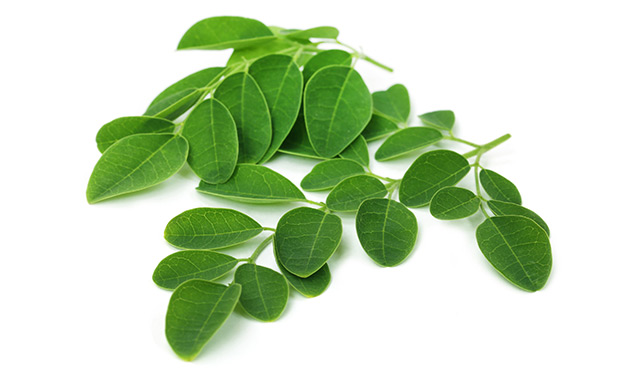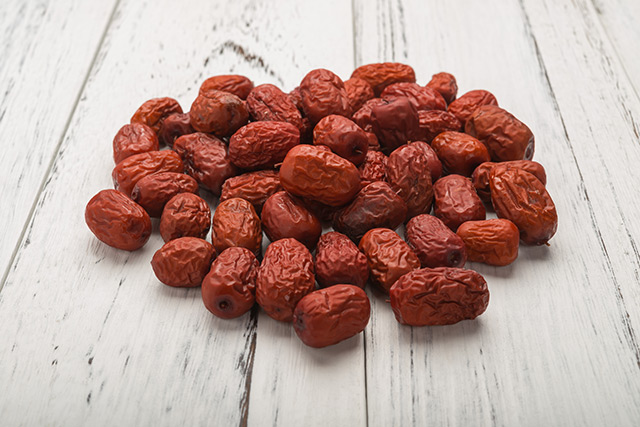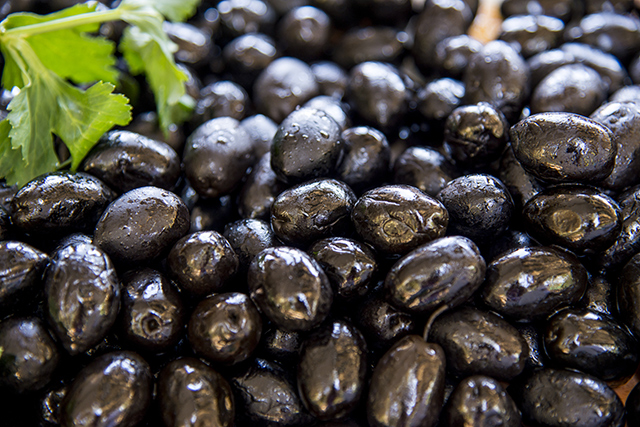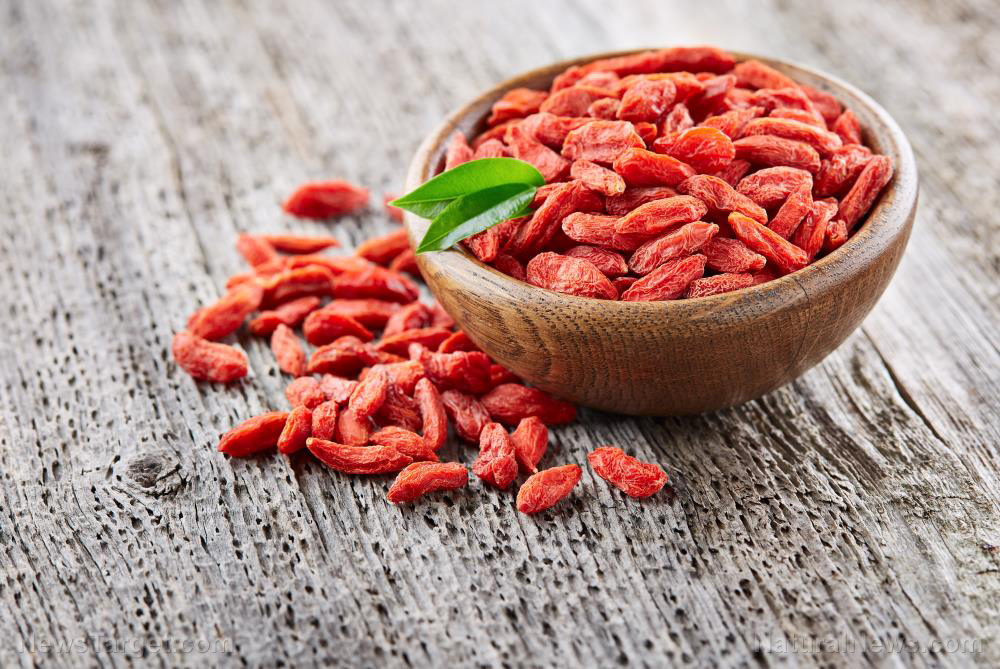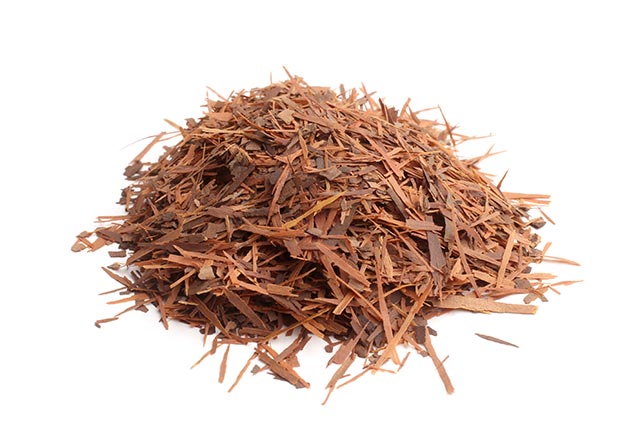Chewing on the bark of the Neem tree can keep your mouth healthy
07/28/2018 / By Michelle Simmons

Researchers at Hebrew University’s Hadassah Faculty of Dental Medicine in Jerusalem have established that the neem tree, when chewed on, can improve dental health and prevent disease. The study, published in the journal BMC Complementary and Alternative Medicine, looked at whether extracts from the neem tree can prevent the onset of periodontal diseases.
Leaf extracts from the neem tree were used to determine its antibacterial activity against Porphyromonas gingivalis and Fusobacterium nucleatum, which are common periodontopathic bacteria. These two strains, in particular, can cause periodontitis, one of the most common oral diseases. The bacteria were then exposed to the neem extract in anaerobic conditions. During this time, researchers also prepared a broth microdilution assay to determine the minimum inhibitory concentration of neem leaf extract against the bacteria strains. The effects of the extract, in terms of bacteria combination, were measured using a visual semi-quantitative assay. In addition, researchers evaluated its antioxidant properties – both alone and in combination with bacteria and polycationic peptides chlorhexidine and lysozyme that may be present in the inflamed area – using a chemiluminescence assay.
Researchers discovered that the neem leaf extract displayed antibacterial activity against P. gingivalis, but not in F. nucleatum. They also found that the extract had potent antioxidant activity, which increased after adherence to bacteria and with the inclusion of red blood cells or the polycationic peptides.
The researchers concluded that neem leaf extract, which contains polyphenols that stick to oral surfaces, can potentially provide long-lasting antibacterial and antioxidant effects at the area of inflammation in periodontal diseases.
Getting the most out of the neem tree
The neem tree, endemic in the Indian subcontinent and Myanmar, is well-known in Ayurvedic medicine, where it’s been used in traditional remedies for almost 5,000 years. No part of the neem tree is wasted, as it provides multiple health benefits.
The twigs of the neem tree are commonly chewed on in India because of their oral health benefits. It is considered as a natural toothbrush and is believed to fight against germs, maintain alkaline levels in saliva, prevent bacterial growth, treat swollen gums, and even whiten teeth. When shredded, the twigs transform into threads that are similar to bristles, which destroy and prevent plaque.
The leaves of the neem tree are used for wound treatment, as it contains antibacterial properties that can help fight against infections, burns, and skin problems. It can also be used as a treatment for dandruff, acne, ear ailments, and other skin conditions like itchiness, eczema, and ringworms.
The flowers of the neem tree, characterized as off-white in color and sweet-smelling, are used to treat anorexia, nausea, belching and intestinal worms. The flowers can also be used in the kitchen as an ingredient in various dishes like flower rice, pachadi, and rasam. These can also be dry roasted and sprinkled on top of the dish as a garnish.
Neem oil, extracted from the seeds, is also rich in medicinal properties. It is most commonly used as an ingredient in cosmetics and other beauty products, such as soaps, hair oil, and hand wash. It can be used as a treatment for many skin diseases, as well as mosquito repellent. In addition, it can be used to get rid of blackheads, prevent skin aging, and prevent hair fall and dandruff. (Related: 7 Super benefits of Neem leaves for our skin.)
Learn more about how neem is used in herbal medicine by going to Cures.news today.
Sources include:
Tagged Under: antioxidants, bacteria, herbal medicine, inflammation, natural cures, natural health, natural medicine, natural remedies, neam leaf extracts, neem leaf, neem tree, oral health, oral hygiene, periodontal diseases, periodontitis

